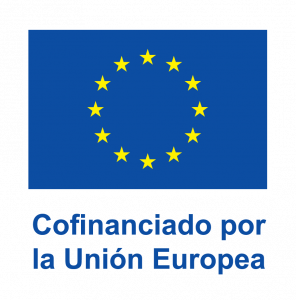Khipu is an artistic research that investigates an ancient computing system used in pre-Columbian Andean cultures. In this system, information was knotted in strings and codified in numerical values, following a binary and decimal system. In a certain way, it is suggested that the Khipus were books not written on paper, with an alphanumeric system that served as a mnemonic device.
Due to their level of complexity, khipus are currently considered as pre-Hispanic ecological computers. During the laboratory we will learn more about this research project and its references that include systems such as the yupana, the tocapus and the signs of the Inca khipu in relation to the binary code.
The laboratory consists of two parts. In the first part we will perform practical coding exercises using strings of cotton fibers. These strings will be part of an installation that will be presented in the exhibition.
In the second part we will learn how to develop a portable version of the device used in the work: An invisible force detector.
1st part: TEXTILE COMPUTING (10 hours)
Days: Saturday 19 and Sunday 20
Schedule: 10:00 to 13:00 and 15:00 to 17:00.
Aimed at: people interested in manual techniques, active meditation and astronomy.
Skills or motivation: mental calculation, mantras, weaving, tactile and collaborative, collective and shared work.
Number of places: 10
Part 2. DATA AUDITION
Days: Saturday 26th (3 hours)
Time: 10:00 to 13:00
Addressed to: People interested in experimenting with analog electronics and sound.
Skills or motivation: soldering with soldering iron, reading schematic plans.
Number of places: 10
Free activity with previous registration [+]
For more information please contact info@laboralcentrodearte.org or 985 18 55 77
This project is part of the programme of activities of STUDIOTOPIA – Art meets Science in the Anthropocene, an initiative that aims to increase collaborations between cultural and research institutions, academia, innovation centres, creatives and citizens. The network, funded by the Creative Europe programme of the European Union, is made up of eight European cultural institutions: Centre for Fine Arts (BOZAR) and GLUON in Brussels, Ars Electronica in Linz, Cluj Cultural Centre in Cluj, Laznia Contemporary Art Centre in Gdansk, Onassis Stegi in Athens, Vrije Universiteit Amsterdam and LABoral Centro de Arte in Gijón.
 |  |  |
|---|





